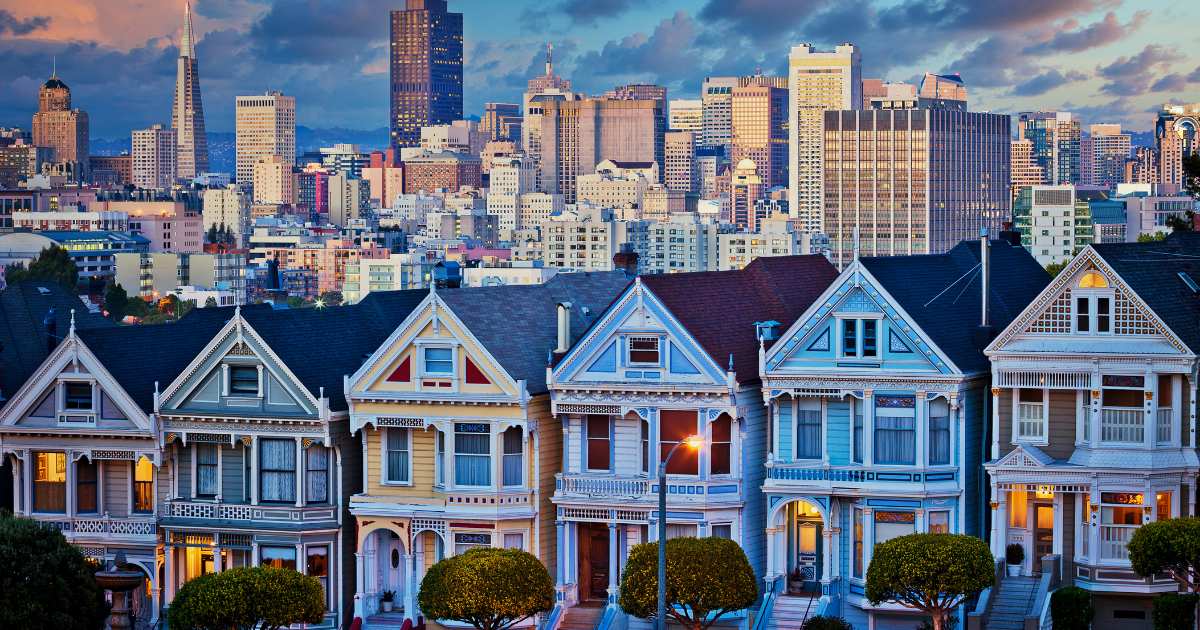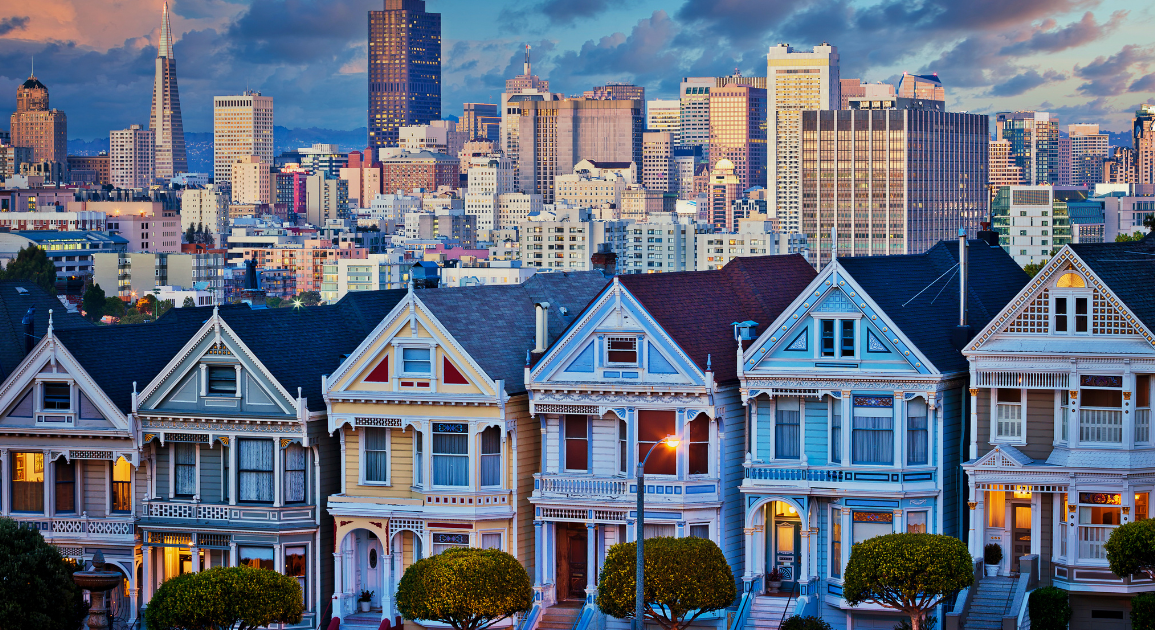
The San Francisco reparations plan will set the stage for how reparations could be handled at the federal level.
Reparations supporters in San Francisco are urging supervisors to adopt the recommendations made by a city-appointed committee for how the city should repay its Black residents who are descendants of slavery.
According to AP, San Francisco’s Board of Supervisors was slated to vote Tuesday on the final reparations plan issued by the city’s African American Reparations Advisory Committee. Four million has been set aside by the city to open an office of reparations, but major recommendations have yet to be met or acted upon.
One of those major recommendations includes proposed $5 million payouts to eligible Black adults with a guaranteed annual income of at least $97,000 for 250 years. The committee also proposed the elimination of personal debt and homes in San Francisco for just $1 a family.
On Tuesday, hundreds of residents rallied outside City Hall demanding that the city begin to roll out reparations recommendations and start addressing disparities for the Black residents of San Francisco.
“The bill is due and the city needs to just do it,” advisory committee member Rev. Amos C. Brown told AP.
From AP:
The committee’s recommendations include helping Black families own homes, supplementing household incomes and the creation of a historically Black university. Advocates say Black people are owed for unpaid labor, property taken through eminent domain and policies that denied them mortgages and access to education.
During a hearing in March with the San Francisco Board of Supervisors, the committee discussed more than 100 recommendations, many of which were passionately supported by the board.
Although San Francisco is a fairly liberal city, the plan to give descendants of slaves reparations has been met with an abundance of pushback.
Stanford University’s Hoover Institution has estimated that a big idea like this would cost every non-Black family in the city at least $600,000. Others claim the city can not afford reparations payments, citing the tech industry downturn as the reason the city doesn’t have the funds. Others have also stated that since San Francisco wasn’t a city that had slaves, Black residents shouldn’t be eligible for reparations.
But some supervisors on the committee, although surprised by their colleagues’ ignorance, say racist policies continue to keep Black Americans down.
“Those of my constituents who lost their minds about this proposal, it’s not something we’re doing or we would do for other people. It’s something we would do for our future, for everybody’s collective future,” Supervisor Rafael Mandelman told ABC News.
Even though many of the reparations recommendations were supported by the board, it doesn’t mean they will be adopted. Each recommendation will be voted on and can be approved or rejected. A final report is expected to be released in June.
The San Francisco reparations plan will set the stage for how reparations could be handled at the federal level.
“I don’t need to impress upon you the fact that we are setting a national precedent here in San Francisco,” said Tinisch Hollins, Vice chair of the African American Reparations Advisory Committee. “What we are asking for and what we’re demanding for is a real commitment to what we need to move things forward.”
Currently, California is pushing the topic into the spotlight with its state-backed reparations task force committee.
In 2020, Gov. Gavin Newsom signed legislation to begin a two-year exploration and hopefully a solid plan on what reparations might look like for Black Americans living in the Golden State. The initiative was also designed to reflect on slavery’s harsh past and its current effect on Black Americans living in the United States. Committee members are expected to deliver a final reparations proposal by July 2023.
This article originally appeared on NewsOne.



